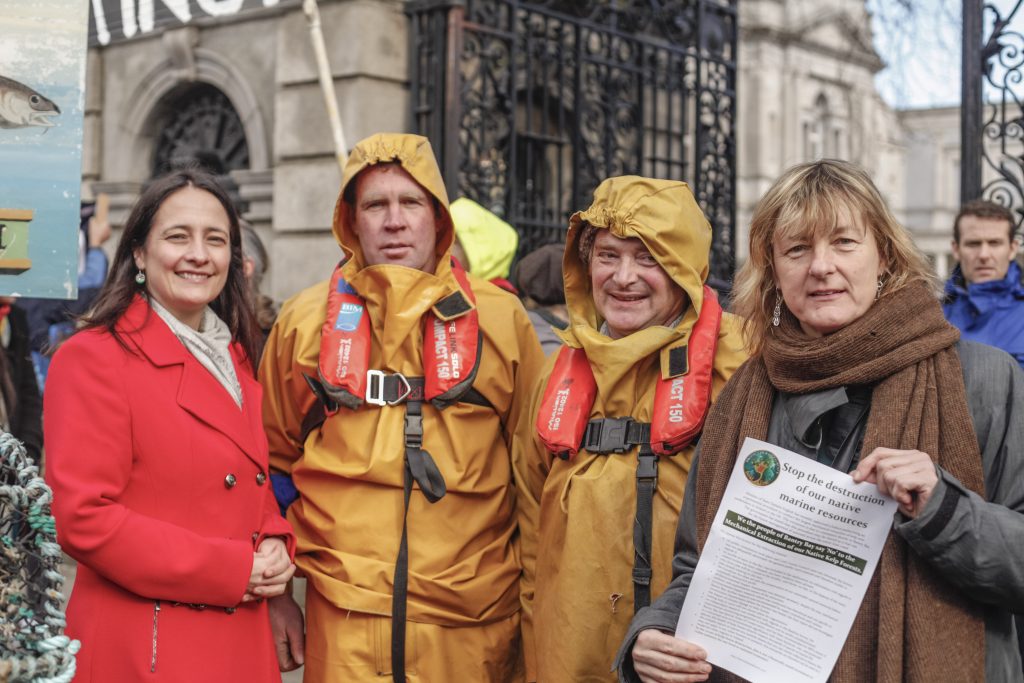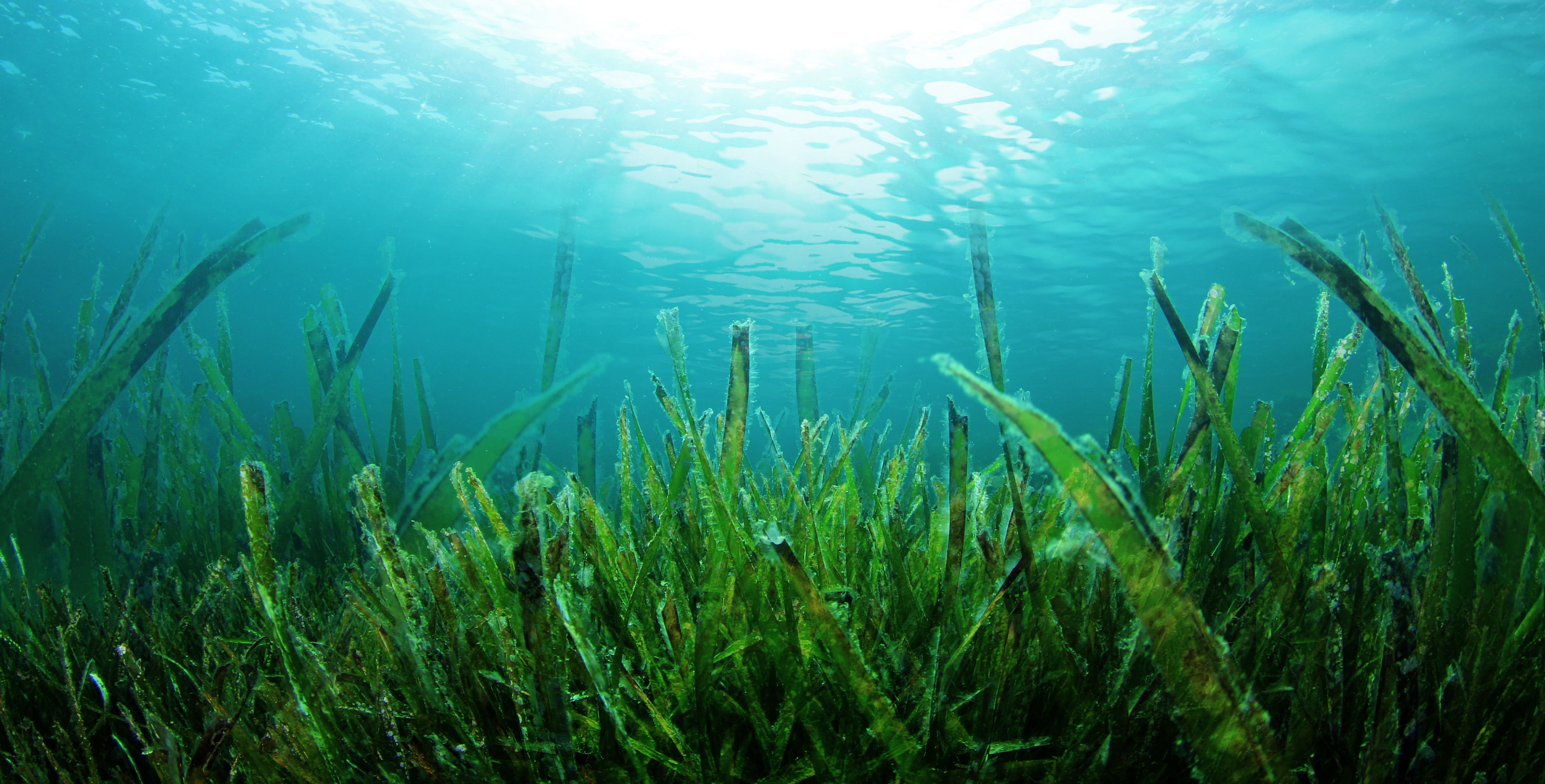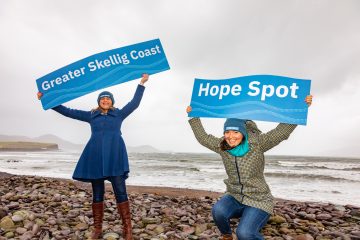Mechanical kelp harvesting challenged in High Court

May 14th, 2019
A legal challenge to Ireland’s first large-scale mechanical seaweed harvesting project in Bantry Bay commenced in the High Court this afternoon.
The community group Bantry Bay – Protect our Native Kelp Forests has sought a Judicial Review of the grant of a seaweed harvesting licence to BioAtlantis Aquamarine Ltd.
The West Cork group is also seeking an injunction to prevent the commencement of harvesting until the judicial review process is complete.
The case is expected to run for six days and will be presided over by Ms Justice Deirdre Murphy.
BioAtlantis, the Tralee-based biotechnology group behind the project, is seeking to harvest kelp in just over 1,800 acres of waters in the Bay.
The licence, granted in 2014 by then-Minister for Environment Alan Kelly allows for ten-year experimental large-scale harvesting of kelp seaweed by mechanical means– the first of its kind in Ireland.
In Ireland, seaweed has been traditionally harvested by hand and the industry – worth an estimated worth €18 million – is still relatively small by international standards.
Last year, the current Minister for State at the Department of Housing, Planning and Local Government Damien English gave BioAtlantis the final green light to go ahead with the project.
The Tralee-based firm plans to use the harvested seaweed to develop alternatives to the use of antibiotics in cattle’s diet.
Campaigners, however, fear the harvesting operation would have consequences for the environment, marine life, the fishing industry and tourism in their area.

Local concerns
The group has previously argued that there was inadequate advertising for the original license and that no public meetings were held to inform the residents of Bantry Bay about the proposed project.
According to the group, most locals only found out about the license application when it featured on an episode of RTE’s EcoEye in February 2017. BioAtlantis originally applied for the license in 2009.
The Bantry Bay group also argue that an Environmental Impact Assessment (EIA) should have taken place in advance of the granting of the licence. BioAtlantis, however, argues that the EU Commission rules out kelp harvesting as an activity requiring an EIA.
Locals are concerned about the potential for irreversible damage to the marine ecosystem, pointing to the many species in the Bay such as harbour seals.
BioAtlantis has previously told The Green News that fears over the impact on the marine ecosystem are unfounded as the harvest area would correspond to 0.3 per cent of the total bay area and that a maximum of 25 per cent of the 1,822-acre area will be harvested annually.
[x_author title=”About the Author”]







